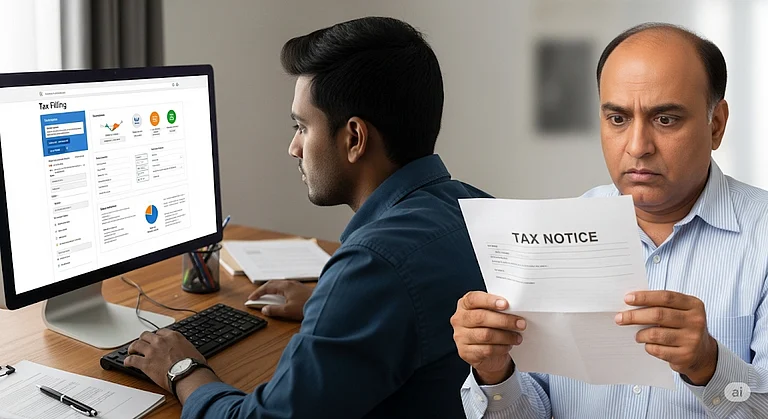Finance Minister Nirmala Sitharaman tabled the revised Income Tax Bill 2025, in the Lok Sabha today (11 August). The Bill, which is being referred to as Income Tax Laws (Amendment) Bill, 2025 now will set the stage for a major tax overhaul of India’s decades old existing tax laws, the Income Tax Act of 1961.
The new Bill intends to replace the current laws by bringing in a shorter and simpler version of tax laws without overhauling any tax rates that the existing law stipulates.
In that respect, one of the biggest shifts is structural. The Bill aims to cut the law’s length almost in half, from 5.12 lakh words to 2.6 lakh, and trim sections from 819 to 536.
It also proposes merging the current concepts of “previous year” and “assessment year” into a single “tax year,” so income earning and tax filing happen in the same period.
The Bill also promises a better digital-first approach that would further paperless processes and streamline compliance for taxpayers of modern India.
To find and suggest revisions in the ITB 2025, the government had set up a Lok Sabha Parliamentary committee which gave some key recommendations, majority of which are being incorporated in the revised draft.
These include extended deductions for homeowners, exemptions for small taxpayers below the taxable limit, and clearer provisions for research-heavy and eco-friendly businesses.
The Bill also addresses one area that drew confusion in its earlier draft, the definition of “relative” for the purpose of tax-free gifts. The revised wording makes it clear: a relative includes any lineal ascendant or descendant, whether maternal or paternal. This is expected to end the ambiguity around gift taxation from family members.
Another earlier provision, which would have made it mandatory to file a return to claim a refund, even for those below the basic exemption limit but with TDS deducted, remains under discussion, with concerns flagged by experts about its impact on low-income taxpayers.
It is important for taxpayers to know that tax rates and slabs remain untouched for now. Earlier, the income tax department had clarified that this Income Tax Bill is only expected to only simplify compliance and make tax litigation anti-tax-avoidance for the citizens.
The Bill will now go through a parliamentary debate before it can be passed. The government intends to roll out the new laws by April 2026, i.e., the next ‘tax year’.












